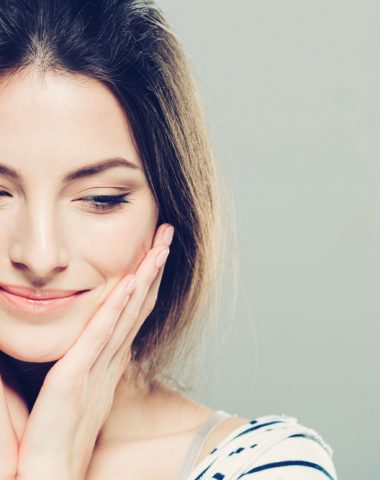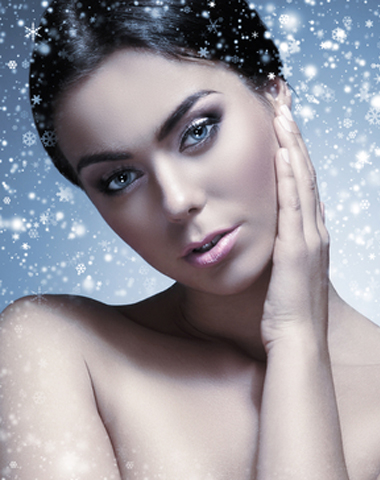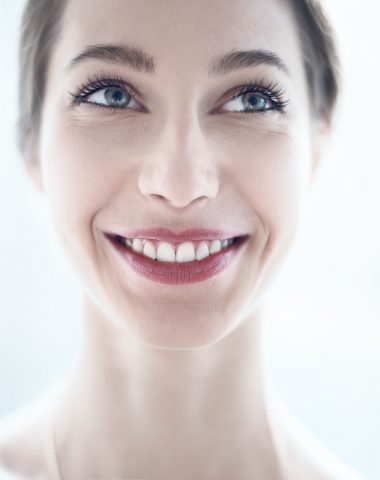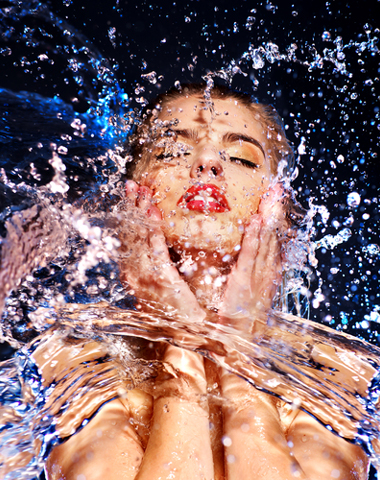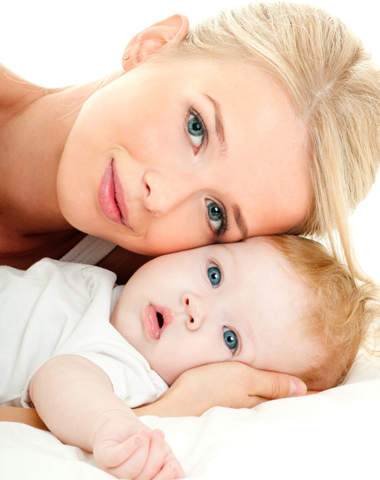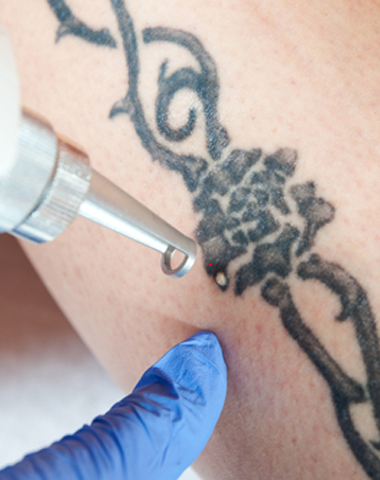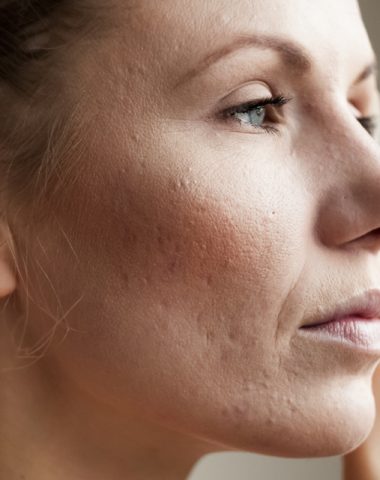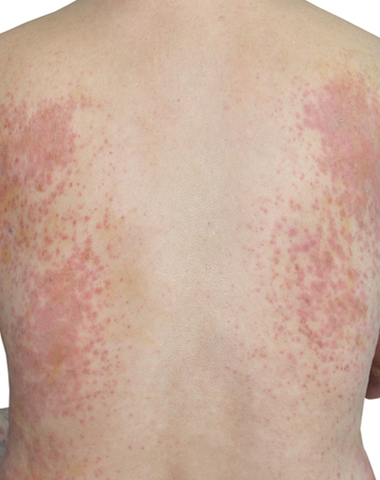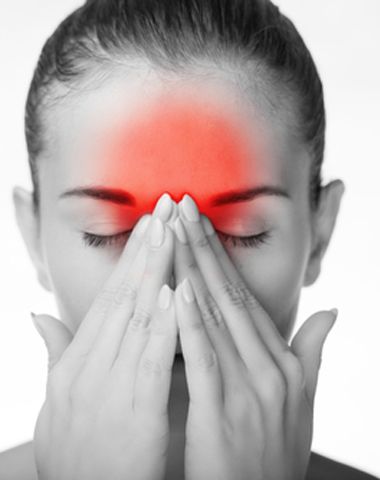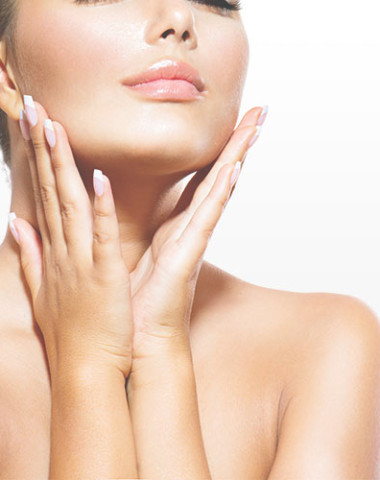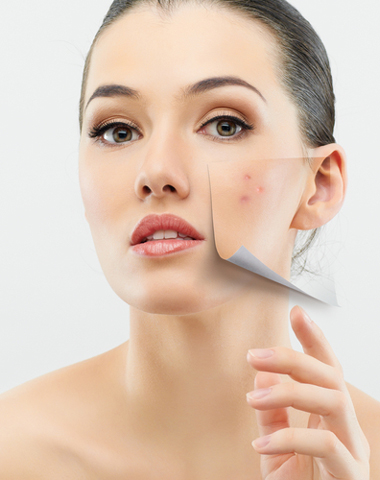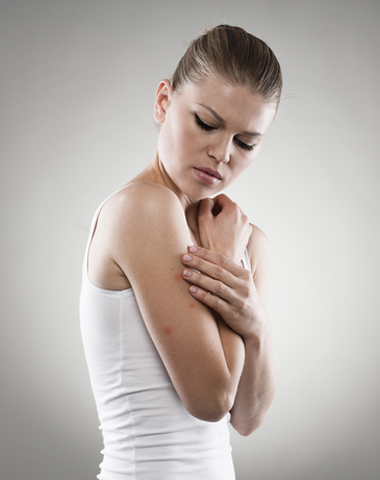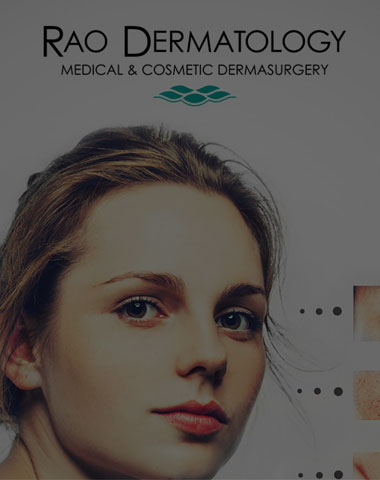Rosacea is a chronic disorder of facial skin. It is mostly observed as redness and broken blood vessels on the cheeks, nose, chin, and forehead, often with pimple-like bumps in later stages. It can easily be mistaken for a rash, acne, or allergies, so here are some ways to tell Rosacea apart.
Rosacea affects both men and women, though women tend to be diagnosed more frequently. Men often see more severe symptoms as they tend to delay seeking medical advice until the later stages of Rosacea.
What does Rosacea look like?
Signs and symptoms that you have Rosacea include:
- Bumps
Solid, red bumps start to develop. They are small in size and can appear to resemble acne (without blackheads). Stinging and burning might occur.
- Flushing and Persistent Redness
Those who have a history of blushing / flushing may have early Rosacea. This is usually the first sign that you might have it.
- Blood Vessels
Small, visible blood vessels may start to show on the skin.
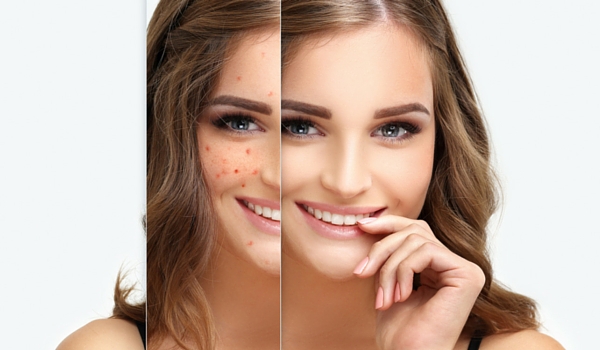
Symptoms that are a potential indicator of Rosacea are:
- Burning or Stinging
You might feel a burning or stinging sensation on your face, in addition to feelings of tightness.
- Dry Appearance
If the skin around the center of your face is rough, it might also appear dry.
- Eye Irritation
Ocular Rosacea is the term for when eyes appear to be bloodshot or watery. Damage to corneas may occur as well as potential vision loss (this is a severe case). Eyelids can also be affected, showing signs of redness and swelling, along with styes.
- Plaques
Plaques appear as isolated, raised, red patches. The surrounding skin is not affected.
- Around the Face
The symptoms of Rosacea can also appear on the neck, chest, scalp, or ears.
- Thickening of Skin
Extra tissue can cause skin thickening and enlargement. This is called Rhinophyma, which can cause the skin of the nose to grow and swell.
- Swelling (Edema)
Edema, also known as swelling, causes fluid to collect in cavities and tissues of affected areas. It might appear along with other symptoms, or on its own.
Rosacea Treatment
Rosacea cannot be cured completely, but it can definitely be controlled. If you feel that you are experiencing any of the above symptoms of Rosacea, we encourage you to fill out the form at the bottom of this page for a consultation to learn more about treatment options.
Dr. Jaggi Rao is a double board certified dermatologist and a certified cosmetic surgeon who is eager to help you feel and look your best!
Source:

